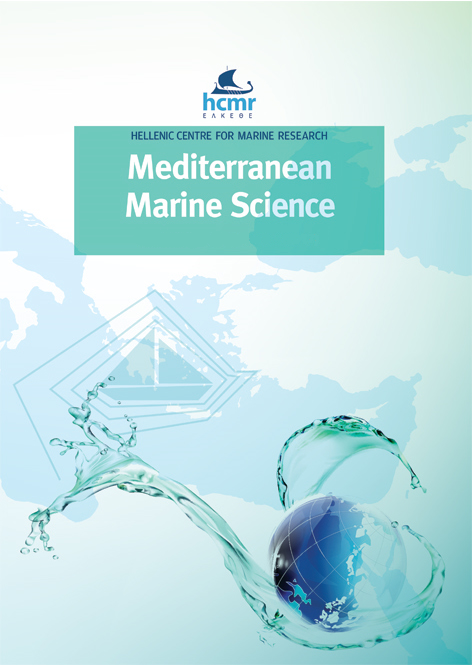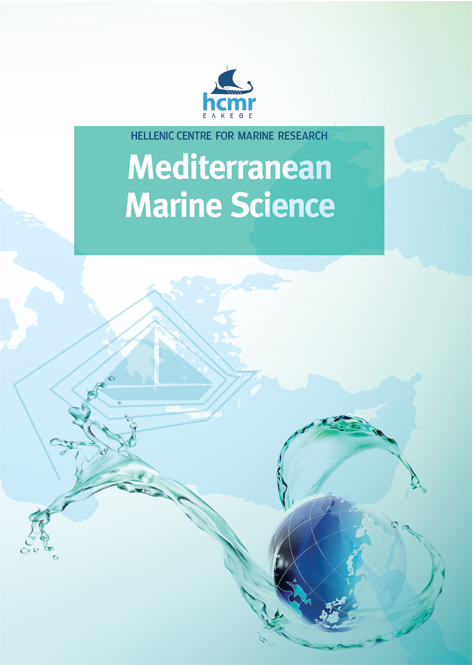Jelly surge in the Mediterranean Sea: threat or opportunity?
Περίληψη
The rise in water temperature in the Mediterranean Sea, and associated migrations of temperate marine biota, are occurring in the context of a global warming causing an expansion of the tropical jellyfish range, exacerbating jellyfish outbreaks linked to coastal development, nutrient loading, and overfishing. The gelatinous component of plankton is considered as ‘the dark side of ecology’ capable of appearing and disappearing at unpredictable times. In the last decade an increasingly high number of gelatinous plankton blooms are occurring and this makes us wonder if ‘a Mediterranean Sea full of jellyfish is a probable future’. The reasons for rising jellyfish blooms are, probably, manifold. Current studies are aimed to highlight how climatic change is interacting with the Mediterranean ecosystem favouring entrance, abundances and success of alien species and triggering ‘regime shifts’ such as from fish to jellyfish. Jellyfish damage the economic success of power plants, fish farms, tourism, and affect fisheries consuming larvae of commercial fish species. On the other hand, several studies were also taken into account on uses for jellyfish as biofuels and foods but more experimentation is needed to improve the first encouraging results.
Λεπτομέρειες άρθρου
- Πώς να δημιουργήσετε Αναφορές
-
GRAVILI, C. (2020). Jelly surge in the Mediterranean Sea: threat or opportunity?. Mediterranean Marine Science, 21(1), 11–21. https://doi.org/10.12681/mms.17966
- Τεύχος
- Τόμ. 21 Αρ. 1 (2020)
- Ενότητα
- Review Article
Authors who publish with this journal agree to the following terms:
- Authors retain copyright and grant the journal right of first publication with the work simultaneously licensed under a Creative Commons Attribution Non-Commercial License that allows others to share the work with an acknowledgement of the work's authorship and initial publication in this journal.
- Authors are able to enter into separate, additional contractual arrangements for the non-exclusive distribution of the journal's published version of the work (e.g. post it to an institutional repository or publish it in a book), with an acknowledgement of its initial publication in this journal.
- Authors are permitted and encouraged to post their work online (preferably in institutional repositories or on their website) prior to and during the submission process, as it can lead to productive exchanges, as well as earlier and greater citation of published work (See The Effect of Open Access).






